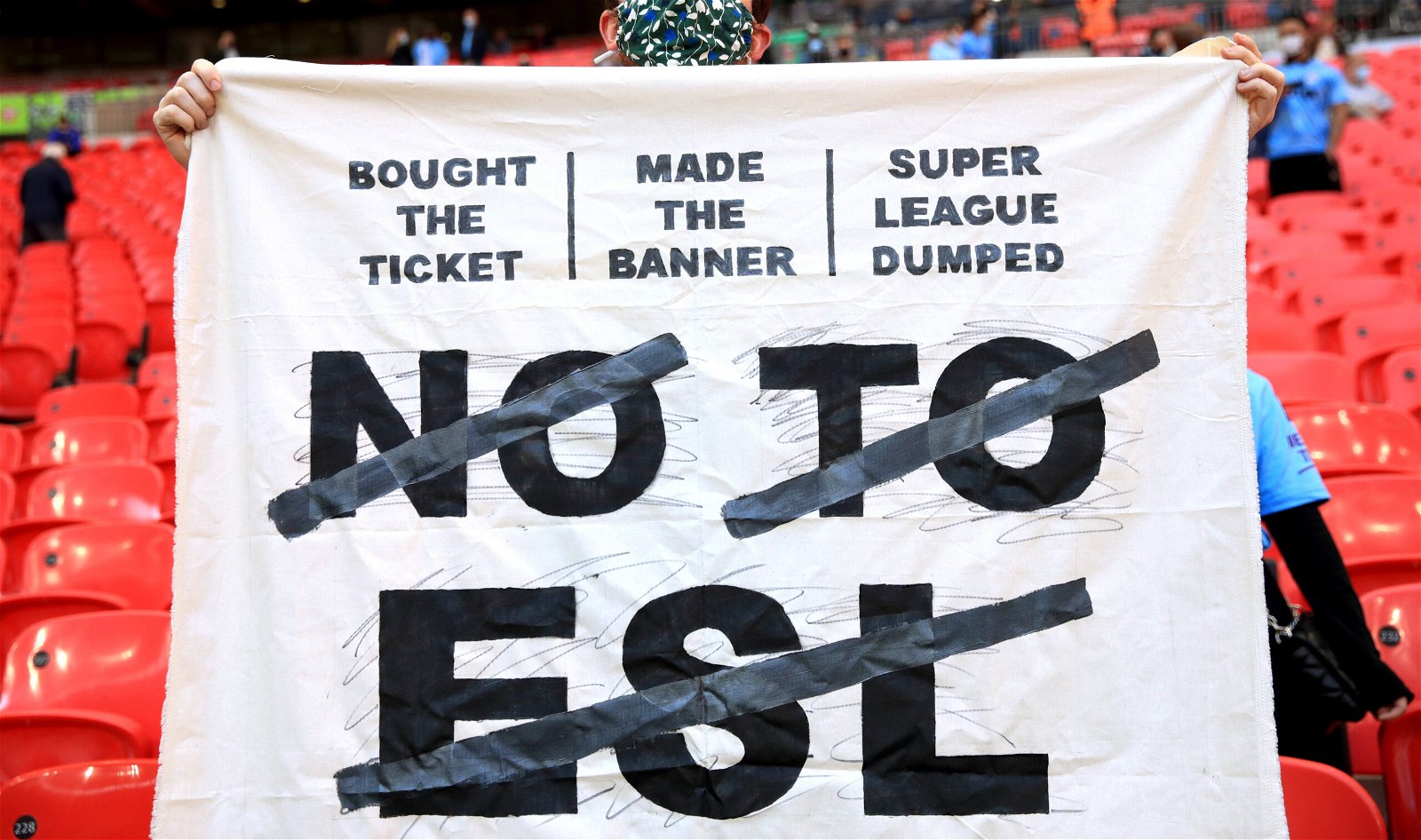News
New European Super League announced: All the details

It has been announced that those who originally backed the European Super League are aiming to launch a new version of the project that was embarrassingly crushed two years ago, which led to the resignation of Ed Woodward as Manchester United CEO.
According to The Telegraph, Real Madrid, Barcelona, and Juventus have contacted more than 50 clubs in the hope of creating a new European tournament that would aim to replace the existing Champions League.
The Champions League itself is set to undergo a huge renovation, adopting a “Swiss model” that would see 36 teams in one giant division play 10 games across the group stage instead of the current six matches.
Read More: Player rating as Leeds draw 2-2 with Manchester United at Old Trafford
For the knockout stages of this model, the top eight teams would then go directly through to the round of 16. Clubs placed 9th to 24th in the giant league will go into two-legged playoffs, with the winners going through and the losers dropping into the Europa League. Clubs ranked 25th to 36th will be eliminated from Europe.
The announcement of this new European Super League (ESL) was made by A22, which is a Madrid-based sister company of the ESL, with A22 claiming that this new project has come as a result of detailed conversations surrounding current financial problems they are facing – with reference to the dominance of the Premier League in the global market and the effect that has on other teams.
The new project would comprise of a multi-division competition of between 60-80 teams with no permanent members (something that the original ESL contained and was pushed back on heavily), and each club playing a minimum of 14 matches each. There are yet to be any extra details on how the original 60-80 teams would qualify or drop out to introduce new clubs.
Read More: Five things learned as Manchester United are held to draw at Old Trafford
One reason that the ESL idea has continued to be pushed is, according to A22 chief executive Bernd Reichart, is that ‘clubs bear the entrepreneurial risk in football’, despite having no say in decision making processes.
“It is the clubs who bear the entrepreneurial risk in football. But when it comes t important decisions, they are too often forced to stand idly by from the side lines as the sporting and financial foundations run under their hands,” he said.
“Our talks have also made it clear that it is often impossible for clubs to raise their voices publicly against a system that uses threat of sanctions to prevent opposition.”
He also explained that the new format also aims to support the women’s game, domestic competitions, focus on the health of players, financial stability rules and the experience of fans.
Read More: Bruno Fernandes’ brutal assessment of Manchester United Leeds draw
The health of players has been an issues raised on many occasions in the last few years, with an emphasis on there simply being too many football games played in a season, with some Premier League clubs facing the prospect of playing up to 65 games across one season.
Fan experience and affordability has also become a pressing issue as of late, considering the cost of living crisis and the cost of football tickets continuing to rise.
-

 News1 day ago
News1 day agoMan United rumoured to make shocking swap deal offer to land Jarrad Branthwaite
-

 News2 days ago
News2 days agoSir Jim Ratcliffe’s full message to Man United staff revealed after calling out “disgraceful” untidiness
-

 News1 day ago
News1 day agoMan United star told to leave Old Trafford after claims he doesn’t “believe” in project
-

 Opinions14 hours ago
Opinions14 hours agoINEOS are finally addressing the problem Toni Kroos told Manchester United about four years ago









